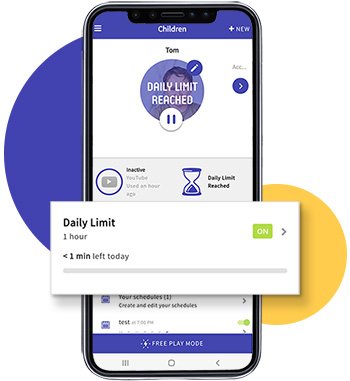Gaming has become a popular pastime for kids worldwide. While video games can be entertaining and even educational, excessive gaming can lead to addiction, affecting children’s mental, physical, and social well-being. As a parent, it is crucial to take proactive steps to ensure your child maintains a healthy balance between gaming and other aspects of life.
Understanding Gaming Addiction
Gaming addiction occurs when a child becomes overly dependent on video games, leading to neglect of other important activities such as studies, social interactions, and physical exercise. Some common signs include:
- Spending excessive time gaming, losing track of time.
- Neglecting schoolwork, chores, and social activities.
- Showing irritability or frustration when asked to stop playing.
- Skipping meals or losing sleep to continue gaming.
- Decreased interest in hobbies or outdoor activities.
Tips to Prevent Gaming Addiction
Here are some practical steps parents can take to prevent gaming addiction in their children:

1. Set Time Limits
Establish clear rules on how long your child can play video games each day. The American Academy of Pediatrics recommends no more than one to two hours of screen time per day for children.
2. Encourage Outdoor Activities
Promote a healthy lifestyle by encouraging your child to engage in outdoor play, sports, and physical activities. This helps reduce screen time and fosters social interactions.
3. Create a Schedule
Develop a daily routine that includes time for homework, chores, physical activities, and gaming. Ensuring a balanced schedule will help prevent excessive gaming.
4. Lead by Example
Children often imitate their parents’ behavior. Show them a balanced lifestyle by limiting your own screen time and engaging in outdoor or family activities.

5. Introduce Alternative Hobbies
Encourage your child to explore other hobbies such as reading, drawing, playing a musical instrument, or joining extracurricular activities.
6. Use Parental Controls
Many gaming consoles and devices offer parental control settings that allow you to set time limits, restrict certain games, and monitor your child’s gaming activity.

7. Communicate and Educate
Talk to your child about the importance of balance and the potential negative effects of excessive gaming. Open conversations help in making them understand why limits are necessary.

Cycling with your kids
8. Monitor Game Content
Ensure your child plays age-appropriate games. Some games contain violent or addictive elements that may have a negative impact on young minds.
Conclusion
Preventing gaming addiction in kids requires a proactive approach, including setting rules, encouraging alternative activities, and maintaining open communication. By taking these steps, parents can help their children enjoy video games in a healthy and balanced way without compromising their well-being.
By
Ramesh